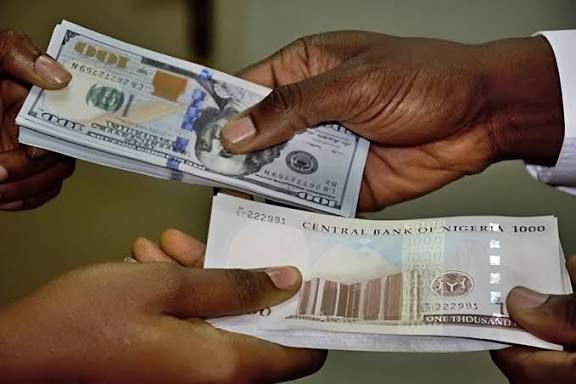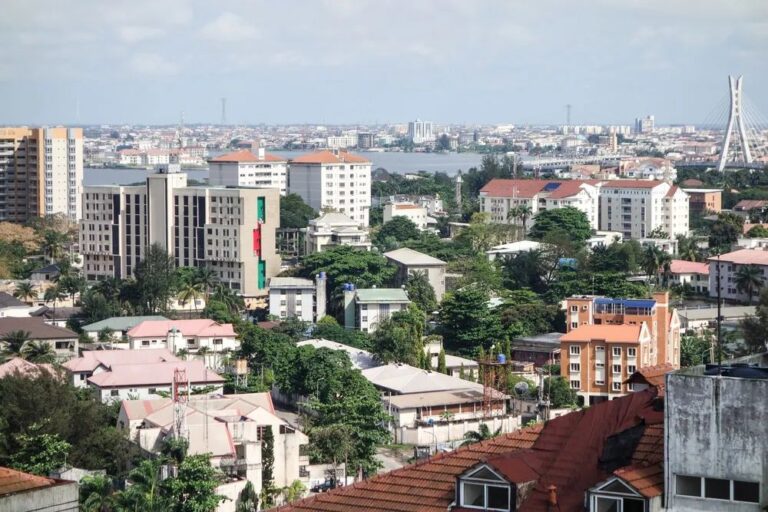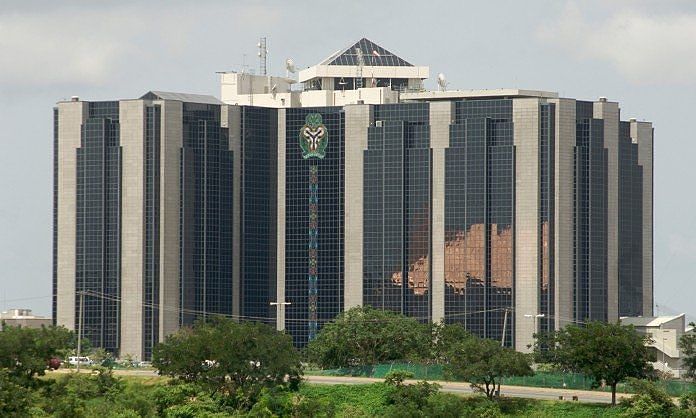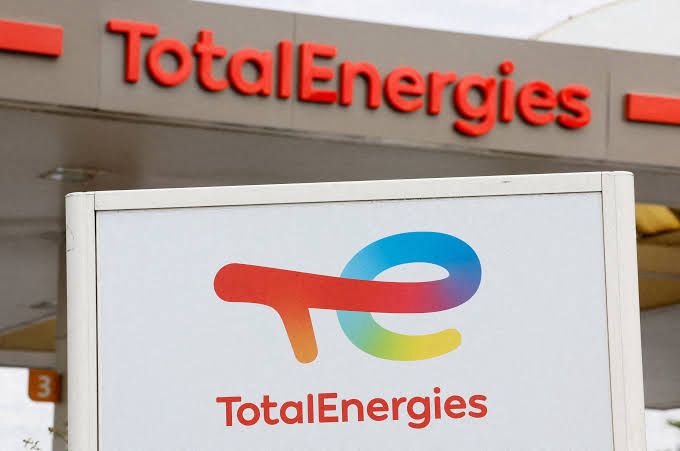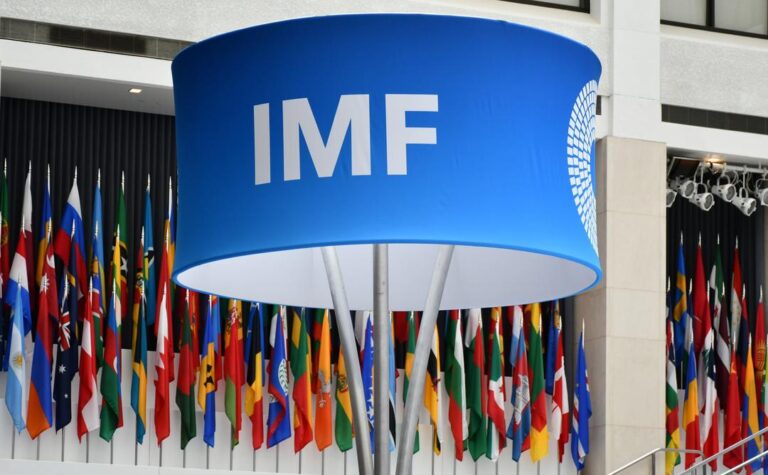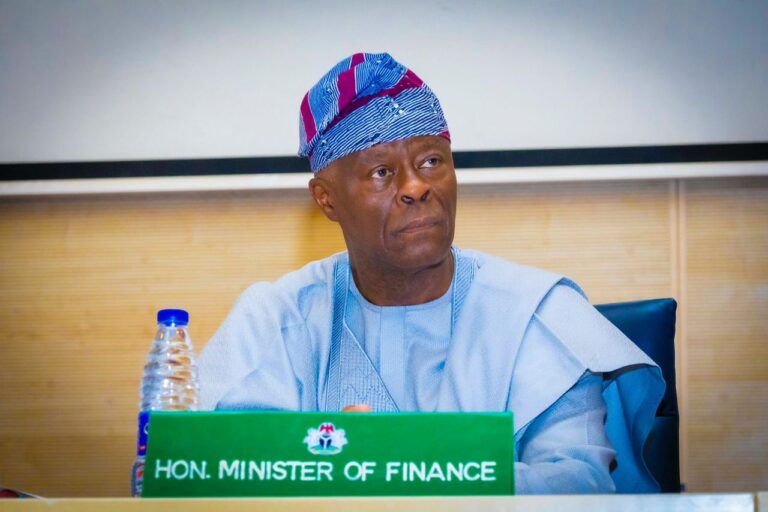Lagos, sept 17 – The Nigerian Naira has surged to its strongest position in nearly seven months, driven by a combination of robust crude oil export earnings and a strong appetite from foreign investors for the country’s high-yield debt. The currency’s rally comes as the local debt market offers returns that are significantly higher than those in other emerging economies.
The Naira’s appreciation, closing at 1,495.25 per dollar, marks the first time it has broken below the 1,500 barrier since February. This gain is supported by a substantial current-account surplus, which reached $4.98 billion in the first half of the year.
The surplus indicates that Nigeria is earning more from its exports—particularly crude oil, which accounts for approximately 87% of its export earnings—than it is spending on imports. This has been further bolstered by significant foreign inflows into debt securities auctioned by the Central Bank of Nigeria (CBN).
Additionally, the Naira’s recent appreciation is seen as a direct result of the Central Bank of Nigeria’s (CBN) policy reforms, which have been aimed at stabilizing the currency and attracting foreign investment. According to CBN Governor Olayemi Cardoso, “The foreign exchange market continues to benefit from coordinated reforms that promote price discovery and improve liquidity, sustaining the stability of the market.”
On policy rate changes analysts suggest that the Naira’s stronger performance and a gradual cooling of inflation could provide the CBN with room to consider its first interest rate cut in five years at its upcoming meeting in September.
However, despite the potential for easing, the central bank’s likely cautious approach is expected to keep the yield differential in favor of Nigerian debt, which will continue to attract foreign capital and support the West African currency’s value.




